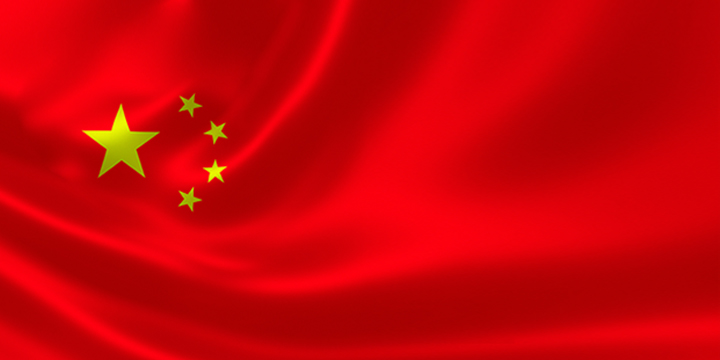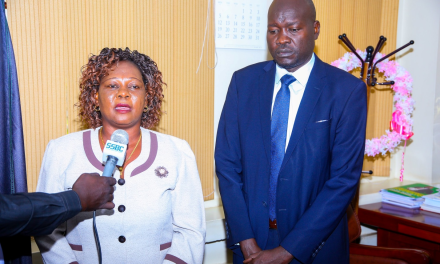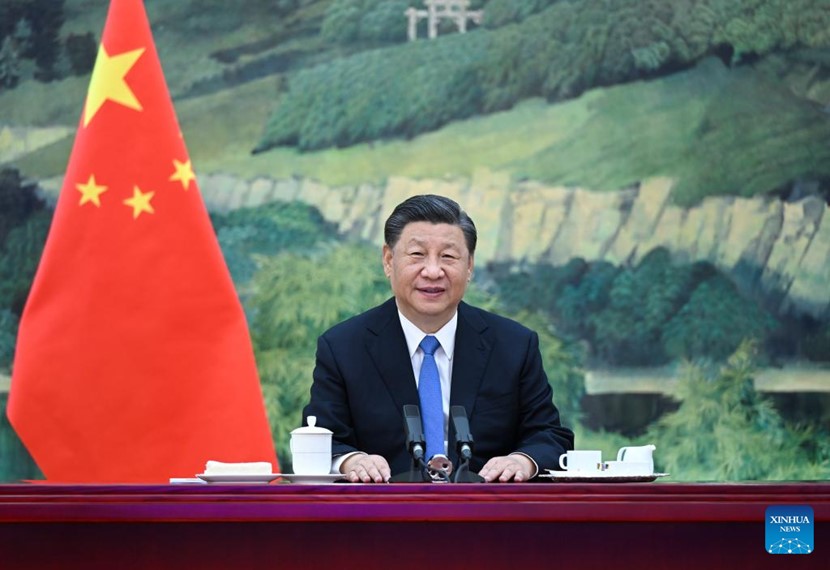
Western angst and China’s rise

By John Queripel
Sometimes there isn’t a term sufficiently strong enough to accurately portray a depth of feeling. That is the case in English, where no term is strong enough to show the sense of anguish that the West is feeling with the incredibly rapid rise of China. There is a need to borrow from German the word “angst”, a word far stronger than the English equivalent “anxiety”.
The West has become used to be that part of the world that, as the top dog sets the world’s agenda, and to which the rest of the world looks in awe. It views that as the natural order of things, as though divinely ordained, forgetting that such state has only been true for the past two centuries.
Throughout most of history, China, along with India, has been by far the dominant powers dwarfing all others. All aberrations eventually come to a natural end, but that these nations are rising to their usual place after a short interregnum still vexes and astonishes the West. Of course, both China and India were subject to the rapacious West, which through gunboat and “diplomacy” and other means, was able strip enormous wealth from each. That followed earlier Western colonial endeavors in South America and Asia, while being concurrent with the massive bleeding of wealth from Africa.
The world’s two largest financial analysts PricewaterhouseCoopers and Standard and Poors project that China will soon surpass the United States to become the world’s largest economy, with the US falling to third place behind India. Another non-Western Asian nation, Indonesia will rise to the fourth place. Though financial analysts know this, denial or ignorance is still common in the West. Already the economies of the BRICS nations (Brazil, Russia, India, China, and South Africa) outstrip those of the G7, the grouping of the largest Western nations, along with Japan. The gap between the two is projected to widen quickly in the next decades.
When such news breaks through the denial of much of the West the fear is palpable. That certainly is the case in Australia where the rise of China particularly has caused consternation often bordering on hysterical. Even an idea as fantastical as China about to invade Australia finds traction, twice as many Australians believe that Chinese forces will soon be at their door.
The West still likes to project itself as a bastion of righteousness, marked by “democracy” and “human rights”, against what it calls an “authoritarianism” denying “liberty”. In so doing it ignores its own failures in maintaining human rights for its own populace, along with those cases where it has aided or abetted the violation of human rights of others. “Human rights” has been defined by the West in a manner to suit itself, built around individual freedom and “liberty of conscience” without reference to communal rights such as the right to sustenance, housing, and security. The concept of freedom, however, must come hand in hand with the concept of responsibility and equality. That has been often missing in the West is most clearly seen by the assertion of individual rights at the expense of communal responsibility during the COVID-19 crisis.
Even in terms of individual liberty, the populace of the West’s leading nation, the United States suffers from massive deprivation. The US has 0.655 percent (or 2.12 million) imprisoned, mostly from the poorer sectors of the society with a strong racial bias.
The West also likes to cast China as aggressor, while turning a blind eye to its own aggression, from the earliest colonial times through to a litany of invasions and coups of recent decades. The Tufts University “Military Interventions Project”, analyzing US military aggression lists over 500 military actions since that nation’s founding in 1776, with 60 percent of them occurring between 1950 and 2017. One third of these interventions took place after 1999. That China is perceived as an aggressive threat must stand as a classic case of “projection”.
Despite this many in the West speak blithely of “the international rules-based order”, equating it with the Western way of doing things, while perceiving China to be a dangerous destabilizing threat to this order.
At the end of the Cold War, with the collapse of the Soviet Union, many Western intellectuals, led by Francis Fukuyama, spoke of the “end of history” with the implicit assumption that the way of the “liberal West” had triumphed, no other system being conceivable. The astounding success of “socialism with Chinese characteristics” has clearly shown the hollow nature of such claims. Thrown from their comforting assumptions, many, including the intelligentsia, of the West have been left non-plussed.
Further, the confidence of the West has been dented by growing evidence of its failures. Those failures range from military losses in Afghanistan, Iraq, and Syria, to diminishing trust by its populations in government institutions, and the alienation increasingly felt by many with rising economic inequality, along with societal breakdown.
Rather than being the “end of history” we are in Asia’s rise experiencing the “return of history”. Stripped of the final success, it was sure it had grasped, the West is suffering a deep angst, often projecting its own failures onto China. Such response is hardly productive nor healthy.
John Queripel is a Newcastle, Australia-based author, historian, and social commentator.





































